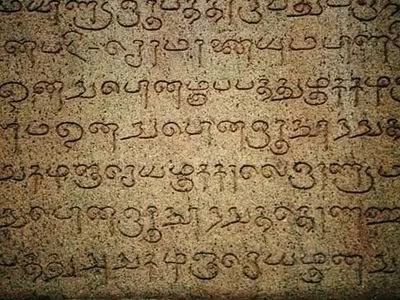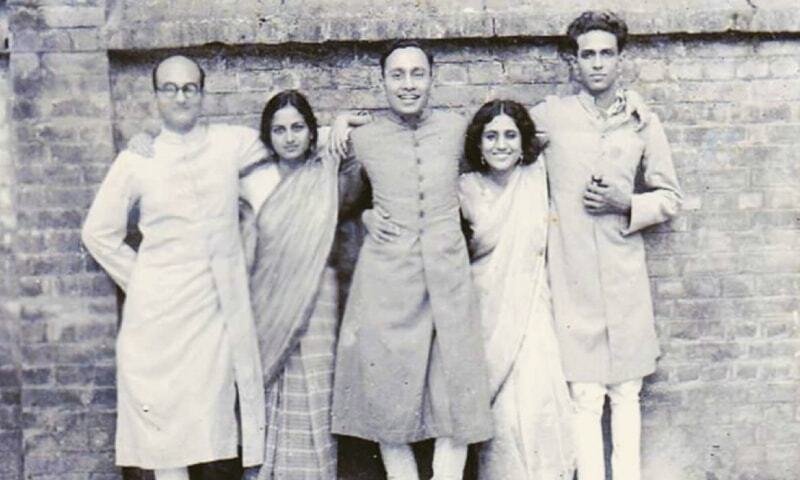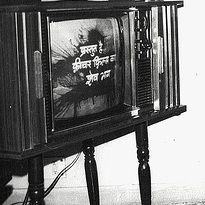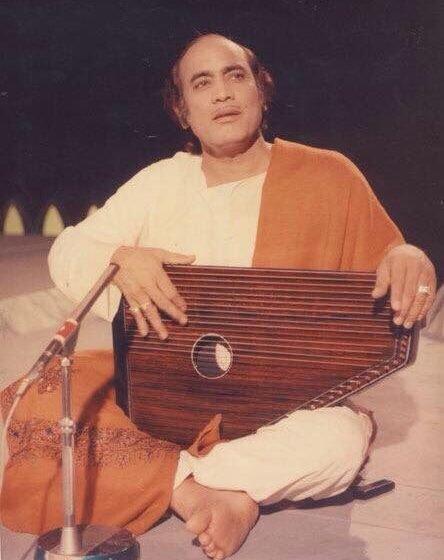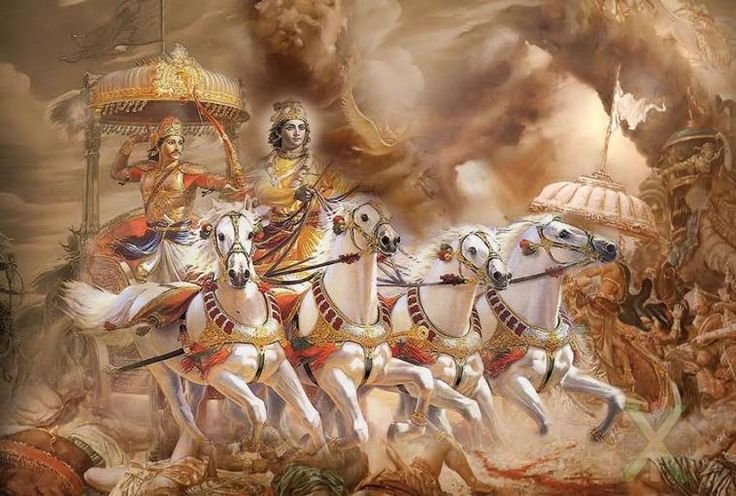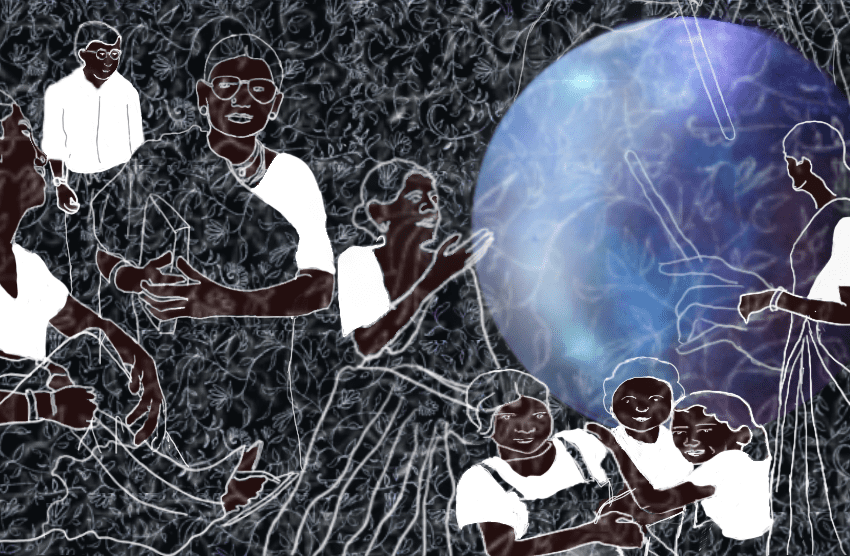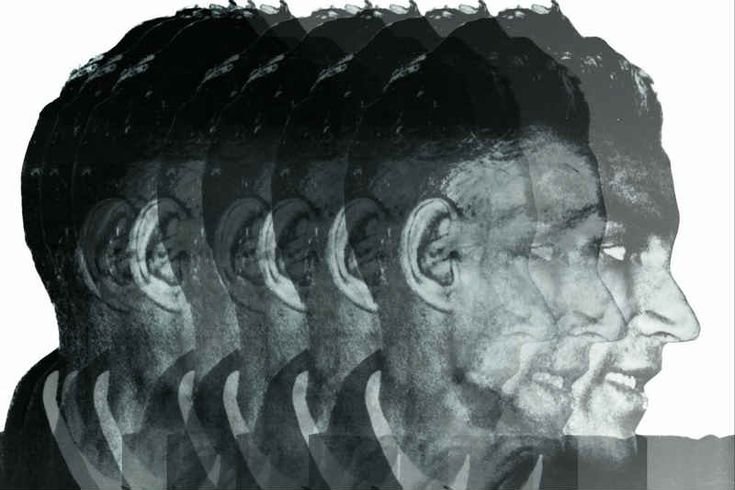In a nation such as India, where narrative is old, complicated, and organically connected with oral traditions, mythologies, and a prolonged written past, writing is never innocent. Writing is always weighed down by an obligation to represent, to cause trouble, and most often, to revolt. And yet again and again, Indian writers have encountered an […]Read More
Letters Across Time: The Epistolary Form in Indian History and
In the silent unfolding of history, letters have sometimes cried out more audibly than declarations. Intimate, confessional, persuasive, or poetic, the epistolary form has long been a living thread in the tapestry of Indian life—running from royal courts to revolutionary jails, from partitioned homes to contemporary novels. In Indian literature and history, letters have not […]Read More
“Sarfaroshi ki tamanna ab hamare dil mein hai, dekhna hai zor kitna baazu-e-qatil mein hai.” These famous words by Ram Prasad Bismil have resonated over generations, capturing the spirit of revolution for a people aspiring for freedom. Though most recall the military rebellions, satyagrahas, and political talks that characterized India’s independence movement, a more silent […]Read More
During periods of political turmoil, literature becomes a weapon of protest. Nowhere is this clearer than in the Progressive Writers’ Movement (PWM) of India, a literary movement that started in the 1930s. Spurred by Marxist philosophy, anti-imperialist sentiment, and the international socialist tide sweeping over the world, the PWM brought together writers of poetry, fiction, […]Read More
Storytelling in India has been more than a form of entertainment; it has been a sacred thread weaving together generations, cultures, and philosophies. From the echo of chants in ancient forests to the glow of digital screens today, storytelling in India has evolved through varied mediums—oral traditions, palm-leaf manuscripts, theatre, print, cinema, and now, digital […]Read More
The ghazal, with its rich imagery and intensely emotional undertones, has crossed centuries and geographies, retaining its core while imbibing the hues of every culture it came in contact with. The ghazal, an originally Arabic poetic form, was born in the 7th century, focusing mainly on love, loss, and the agony of separation. Over time, […]Read More
Revisiting the Ramayana and Mahabharata in contemporary Hindi poetry offers a fascinating lens through which poets reinterpret, question, and reframe the timeless epics to reflect present-day societal concerns, personal struggles, and evolving cultural identity. These reinterpretations often challenge conventional narratives, delve into neglected perspectives, and address issues such as gender, caste, power, and morality. The […]Read More
The heritage of medieval Sufi poetry in modern Hindi verse is an intriguing path of spiritual continuity, cultural evolution, and literary creativity. Sufi poetry, based on mysticism and the quest for divine love, became a potent literary and cultural force in the medieval era, particularly through the works of Amir Khusrau, Kabir, and Rahim, who […]Read More
Dalit literature has emerged as a crucial space for articulating the historical injustices and contemporary struggles of Dalit communities in India. Rooted in the lived experiences of marginalization, this literature challenges dominant narratives and asserts a distinct voice of resistance. Among various literary forms, poetry has played a vital role in expressing the anger, pain, […]Read More
The Indian freedom struggle was not just a political movement; it was a deeply emotional and cultural revolution that found expression in literature, particularly in poetry. From the resistance against British colonial rule to the dreams of an independent nation, poetry became both a weapon and a refuge for revolutionaries, thinkers, and common people alike. […]Read More

